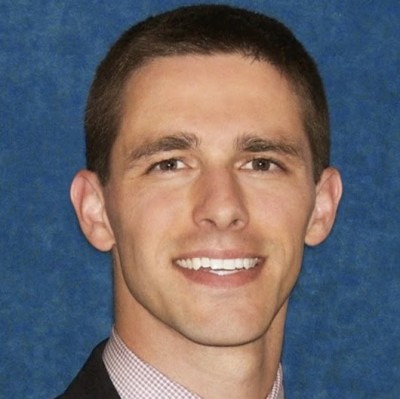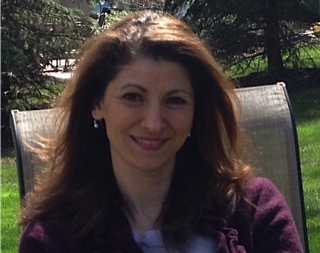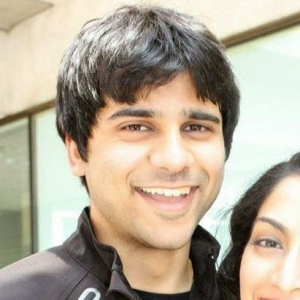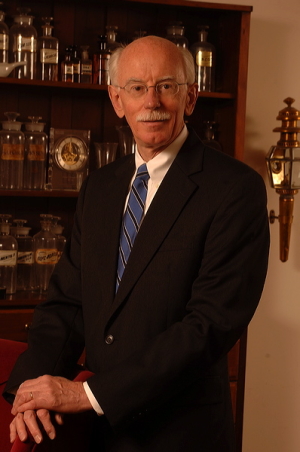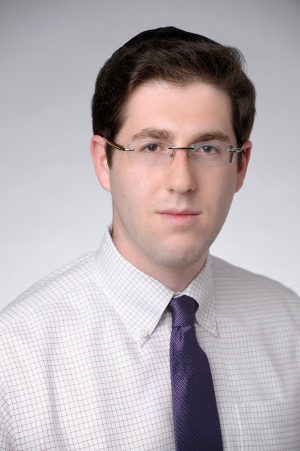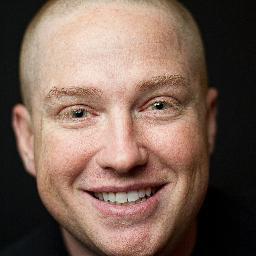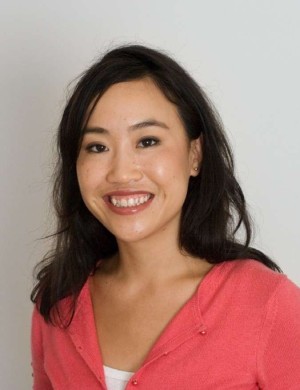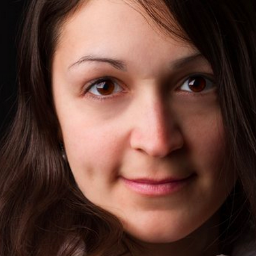Why—Or Why Not—Go Into Anesthesia, by Karen Sibert, MD
In case you were wondering: robots won’t replace anesthesiologists any time soon, regardless of what The Washington Post may have to say. There’s definitely a place for feedback and closed-loop technology applications in sedation and in general anesthesia, but for the foreseeable future we will still need humans. I’ve been practicing anesthesiology for 30 years now, in the operating rooms of major hospitals. Since 1999 I’ve worked at Cedars-Sinai Medical Center, a large tertiary care private hospital in Los Angeles. So what do I want to tell you, the next generation of physicians, about my field?



